Introduction to Anya’s World
Anya, a dedicated journalist from India, stands at the intersection of her passion for storytelling and her commitment to advocating for mental health issues. With a profound understanding of the complexities surrounding mental wellness, she creates content that resonates with individuals navigating similar struggles. Anya’s work sheds light on the often-stigmatized world of mental health, aiming to foster a dialogue that can help those affected feel seen and heard. Through her articles, she shares stories of resilience and hope, emphasizing the importance of mental well-being in contemporary society.
However, the journey that Anya embarks on as a journalist is not merely one of external advocacy; it is also an internal battle against her anxiety. This duality defines her experience, as she often finds herself caught between her professional persona as a mental health advocate and the personal challenges she faces. Anya’s insightful narratives often reflect her own vulnerability, bringing authenticity to her work. Her experiences illustrate the reality that even those who passionately support mental health initiatives can grapple with their own psychological hurdles.
The importance of mental health awareness has grown in recent years, and journalists like Anya play a crucial role in this evolution. By bravely sharing her story alongside those of others, she aims to dismantle the barriers of silence that shroud mental health issues. Anya’s commitment to this cause reinforces the idea that mental health is a universal concern, transcending individual experiences and requiring collective understanding and action. In delving into her journey, readers gain not just a glimpse of Anya’s professional life but also an understanding of the profound relationship between journalism and personal mental health struggles.
The Challenges of Mental Health Reporting
Reporting on mental health is fraught with complexities that can significantly impact journalists who engage with this sensitive subject matter. For Anya, a mental health journalist, the challenges are multifaceted, involving both the emotional weight of the stories she encounters and the societal stigma surrounding mental illness in India. Each article requires her to delve into traumatic narratives, revealing the struggles individuals face. This immersion can lead to vicarious trauma, where the emotional burden of these accounts inadvertently affects her own mental well-being.
One of the primary challenges Anya faces is the nature of the topics she covers. Stories about mental health often delve into deeply personal experiences and systemic failures in mental health care. As she strives to present these stories with compassion and accuracy, she simultaneously grapples with her own anxiety. The process of reporting can become overwhelming, especially when the narratives echo her own experiences or societal fears about mental illness. This emotional toll can heighten her own mental health struggles, creating a cycle that is difficult to break.
Moreover, stigma plays a significant role in how mental health issues are perceived in society. In India, where mental health is often shrouded in misconceptions, Anya faces the daunting task of educating the public while documenting the real-life implications of these stigmas. The fear of societal judgment can discourage individuals from speaking openly about their experiences, complicating her efforts to provide a platform for diverse voices. As she encounters resistance and misunderstanding, Anya must also confront her own anxieties, which sometimes reflect the societal attitudes she seeks to change.
In conclusion, the challenges of mental health reporting require journalists like Anya not only to present the facts but also to navigate their personal emotional landscapes carefully. The intersection of personal experience, societal stigma, and professional responsibility creates a complex framework that journalists must learn to manage effectively.
Introducing Leo: A New Friendship
Anya’s journey is marked by her intriguing relationship with Leo, an American psychologist whose perspective on mental health offers her a fresh vantage point. Their paths first crossed during a community mental health workshop, where Anya was seeking resources to better navigate her own struggles with anxiety. Leo’s warm demeanor and profound insights immediately drew her in, prompting deep conversations that enriched her understanding of mental wellness.
Despite their cultural differences, Anya and Leo found common ground in their shared commitment to mental health. Anya’s experiences were deeply rooted in her own cultural context, shaped by familial expectations and societal norms. In contrast, Leo’s American background provided him with a framework that emphasized a more open dialogue about emotions. This cultural divergence enriched their discussions, allowing Anya to view her anxiety not solely as a source of distress but as a challenge that could be addressed through understanding and compassion.
As their friendship evolved, so did Anya’s approach to self-care. Leo introduced her to various cognitive-behavioral techniques that complemented the traditional coping strategies she had been using. Their conversations ranged from discussing the nature of anxiety to exploring practical steps towards managing it. Leo’s ability to distill complex psychological concepts into relatable anecdotes made it easier for Anya to digest and apply these new methods into her daily life. This reciprocal exchange not only benefited Anya but also allowed Leo to gain insights into the nuanced relationship between mental health and cultural identity.
The significance of this friendship is palpable; it serves as a catalyst for Anya’s journey towards self-discovery. With Leo by her side, Anya embarks on a path of enhanced understanding, recognizing that therapy and self-care can take on various forms, shaped by both personal and cultural influences. As they continue to share their perspectives, Anya feels more empowered to confront her anxiety in creative and effective ways.
Coping Strategies: Learning from Leo
In the fast-paced world of journalism, mental health often takes a backseat, making effective coping strategies essential for practitioners like Anya. Leo, an experienced journalist, provides a wealth of insights that can be invaluable in managing stress and maintaining mental wellness. His approach encompasses a variety of techniques, including mindfulness, cognitive behavioral strategies, and lifestyle modifications, all of which are designed to bolster resilience in high-pressure environments.
Mindfulness techniques play a crucial role in enhancing Anya’s ability to stay present and focused amidst deadlines. Leo emphasizes the importance of engaging in daily mindfulness practices, such as meditation and deep-breathing exercises. These practices help calm the mind, thereby reducing anxiety and enabling journalists to approach their work with clarity. Anya learns that even short sessions can yield significant benefits, aiding her in reconnecting with her thoughts and emotions. In addition to traditional mindfulness, Leo encourages journaling as a means of self-reflection. This technique not only serves as a creative outlet but also allows Anya to process her experiences and emotions more effectively.
Another vital strategy that Leo shares is rooted in cognitive behavioral therapy (CBT). He introduces Anya to the idea of identifying negative thought patterns and reframing them with more constructive perspectives. This cognitive shift can significantly alter how journalists interpret stressful situations, ultimately improving their emotional response. By incorporating CBT techniques, Anya begins to recognize triggers and develop healthier coping mechanisms, transforming her approach to daily challenges.
Lastly, Leo highlights the importance of lifestyle changes in maintaining mental health. Simple yet impactful adjustments, such as prioritizing sleep, maintaining a balanced diet, and incorporating regular exercise, can lead to substantial improvements in overall well-being. These lifestyle modifications not only enhance physical health but also contribute to better emotional resilience, allowing journalists like Anya to navigate the complexities of their careers with greater ease.
Balancing Work and Mental Health
Anya’s journey highlights the significant challenge of balancing a demanding career in journalism with her mental health needs. The fast-paced environment often requires her to meet tight deadlines and engage in emotionally taxing stories, which can take a toll on her well-being. Initially, Anya found it difficult to juggle the pressures of her job with self-care practices, leading to increased stress and burnout.
One of the crucial adjustments Anya made was developing a structured routine that included dedicated time for relaxation and self-reflection. By incorporating mindfulness practices, such as meditation and journaling, she began to create space for her mental health within her hectic schedule. These practices allowed her to process her experiences and reduce the overwhelming feelings that often accompanied her work as a journalist.
Moreover, Anya recognized the importance of setting boundaries in her professional life. She learned to communicate her limits clearly to colleagues, ensuring that she could take necessary breaks when needed. This involved saying no to additional assignments that could jeopardize her mental health and adjusting her work hours to allow for a better work-life balance. By prioritizing her mental health needs, Anya discovered that she could maintain her effectiveness in her role while safeguarding her well-being.
Ultimately, Anya’s experience underscores the necessity of maintaining a balance between work commitments and mental health. The journey is ongoing, requiring continual adjustments and self-awareness. By embracing the importance of boundaries, routine adjustments, and self-care, individuals in high-pressure careers can navigate the complexities of their professional lives without sacrificing their mental health.
The Importance of Self-Care
Self-care has become an increasingly vital topic across various professional sectors, particularly in fields that involve emotional labor, such as journalism and mental health care. Anya’s journey highlights the growing awareness of how crucial self-care is not only for those engaged in caregiving roles but for anyone striving to perform their duties effectively. The act of prioritizing one’s mental well-being can significantly enhance productivity and the quality of one’s work.
In the high-pressure environment of journalism, where deadlines loom and stories demand both emotional and intellectual engagement, Anya discovered that neglecting her own mental health led to burnout and decreased effectiveness. Through her experiences, she learned that self-care is not merely a luxury, but an essential strategy for maintaining resilience and Emotional Intelligence. By integrating self-care practices like mindfulness, regular exercise, and adequate rest into her daily routine, Anya was able to cultivate a state of mental clarity. This allowed her to engage with her stories more deeply and compassionately, transforming her approach to journalism.
Moreover, Anya’s evolving understanding of self-care also reflects broader societal shifts in recognizing the importance of mental health. Times of intense emotional strain—for journalists or caregivers, in general—highlight the critical need for systems of support. Prioritizing self-care can create a positive feedback loop, where better mental health enhances professional competence, which in turn leads to improved job satisfaction. In this dynamic relationship, self-care emerges as a foundational pillar that ensures not just individual well-being but also the effectiveness of the communities they serve.
Cultural Perspectives on Mental Health
The discourse surrounding mental health is profoundly influenced by cultural contexts, which shape individuals’ perceptions and attitudes toward psychological well-being. In the United States, mental health is often treated as a crucial aspect of overall health, with a growing body of research emphasizing the benefits of seeking help. Citizens are encouraged to engage in open discussions regarding mental health challenges, and numerous resources are available for therapy and support. This openness fosters a sense of community and encourages individuals to prioritize their mental wellness without stigma.
Conversely, in India, traditional views on mental health can differ significantly. Discussions about mental health are often minimal due to cultural beliefs that stigmatize mental illnesses. Families may feel compelled to conceal mental health issues, fearing that public acknowledgment could lead to social ostracism. Anya’s interactions with Leo reveal these cultural contrasts; while Leo advocates for embracing one’s mental health challenges as essential to personal growth, Anya grapples with her cultural upbringing, which venerates resilience and discourages vulnerability. This dichotomy highlights the complex nature of mental health discussions across different societies.
The implications of these varying perspectives are crucial for journalists and psychologists. Journalists, like Anya, must navigate cultural sensitivities while reporting on mental health issues, ensuring that narratives are respectful and representative of diverse experiences. Psychologists working in multicultural environments need to adopt culturally competent approaches that acknowledge the beliefs and practices of different populations. Understanding these cultural nuances is essential for both effective communication and the provision of appropriate care, as the discourse on mental health continues to evolve across the globe.
The Power of Connection
Connection often serves as a cornerstone for emotional well-being, highlighting the profound ability of relationships to support individuals in their mental health journeys. In the context of Anya’s narrative, her evolving friendship with Leo exemplifies the therapeutic benefits that such connections can offer. As they navigate their respective challenges, their relationship becomes a sanctuary where mutual understanding and empathy thrive.
Through shared experiences, Anya and Leo create a safe space that fosters open dialogue about their struggles. This sense of community not only allows them to confront personal issues but also reinforces their resilience. The act of reaching out to one another cultivates an environment of support, which is crucial in combating feelings of isolation that often accompany mental health struggles. As they share their vulnerabilities, they empower each other to face the challenges ahead, illustrating the synergy between helping oneself and helping others.
Empathy plays a pivotal role in solidifying their bond. Leo’s ability to listen attentively and offer comforting advice enables Anya to articulate her feelings without fear of judgment. In turn, Anya’s willingness to reciprocate this support reinforces Leo’s emotional foundation. This cyclical exchange of understanding and compassion not only strengthens their friendship but also acts as a powerful catalyst for mental health recovery. The relationships we form can transform personal battles into collective journeys, illuminating the path toward healing.
Ultimately, the power of connection extends beyond mere companionship; it becomes a vehicle for growth, resilience, and emotional well-being. Anya’s journey illustrates that fostering relationships based on empathy can have profound implications on our mental health, paving the way for shared healing and mutual support in the face of adversity.
Conclusion: A Continuous Journey
Throughout Anya’s journey, we have witnessed the intricate connection between her career in journalism and her personal experience with anxiety. As a dedicated advocate for mental health, Anya exemplifies the ongoing struggle many face in understanding their mental health while navigating professional responsibilities. Her work highlights the importance of transparency regarding mental health, not just for oneself, but for society as a whole.
Anya’s commitment to addressing her own mental health challenges has been a cornerstone for her advocacy efforts. By embracing her vulnerabilities, she not only enriches her own life but also inspires others to confront their mental health issues. Her journey signifies that caring for one’s mental well-being is essential, particularly for those in supportive roles. This understanding fosters an environment where conversations about mental health can thrive, ultimately promoting healing within communities.
Furthermore, Anya demonstrates that self-care should not be viewed as a mere luxury but as a fundamental necessity. Many individuals working in high-pressure fields encounter similar mental health concerns, and Anya’s narrative serves as a reminder of the importance of prioritizing personal wellness. It encourages both individuals and organizations to cultivate a culture that recognizes mental health as a critical aspect of overall well-being.
In conclusion, Anya’s journey is not merely about overcoming anxiety; it is a continuous exploration of self-awareness and growth. By sharing her experiences, she fosters a greater understanding of mental health issues while encouraging others to embark on their own journeys of self-discovery and advocacy. Ultimately, her story is a testament to the power of acknowledging one’s mental health needs and the necessity of striving towards holistic wellness.
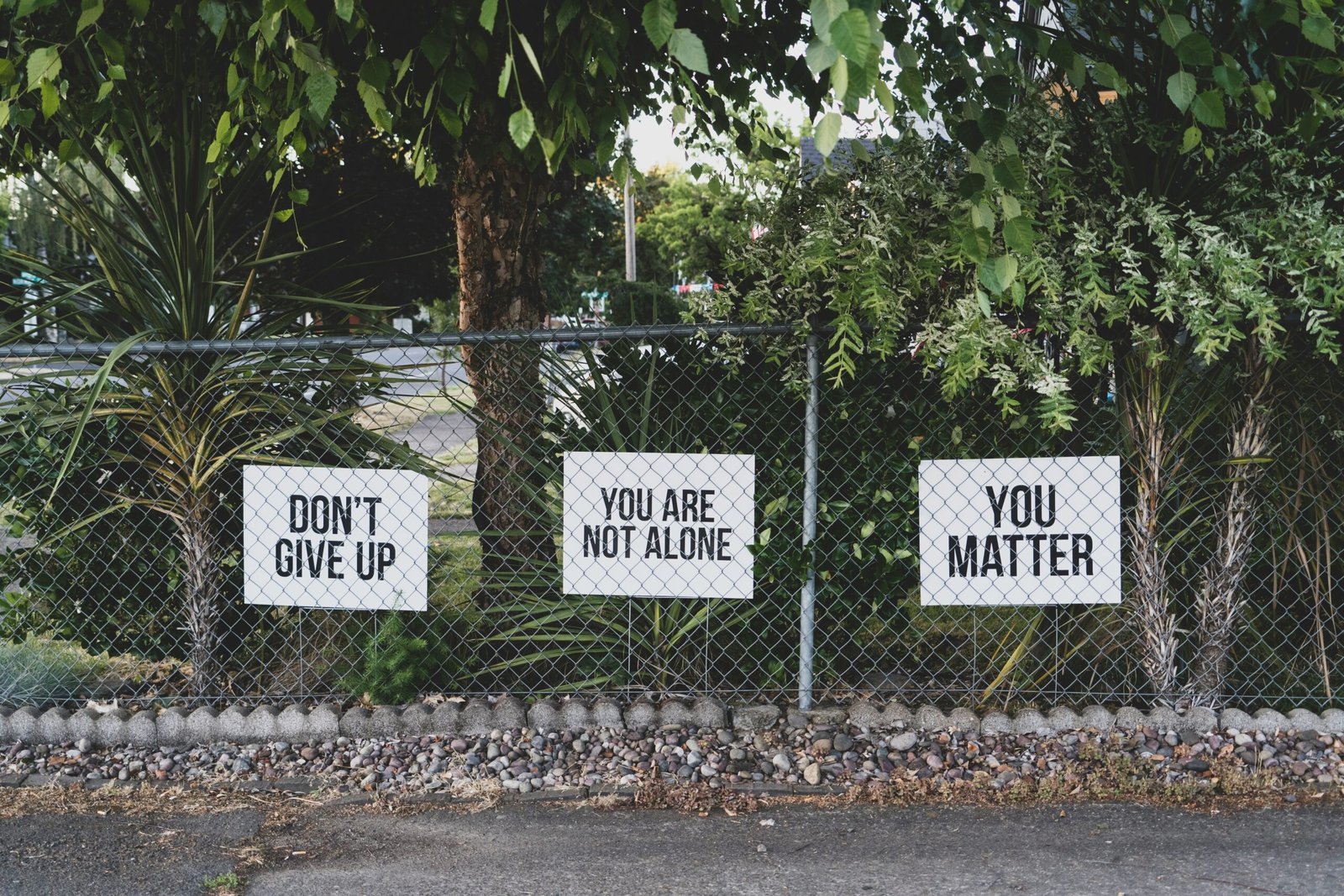


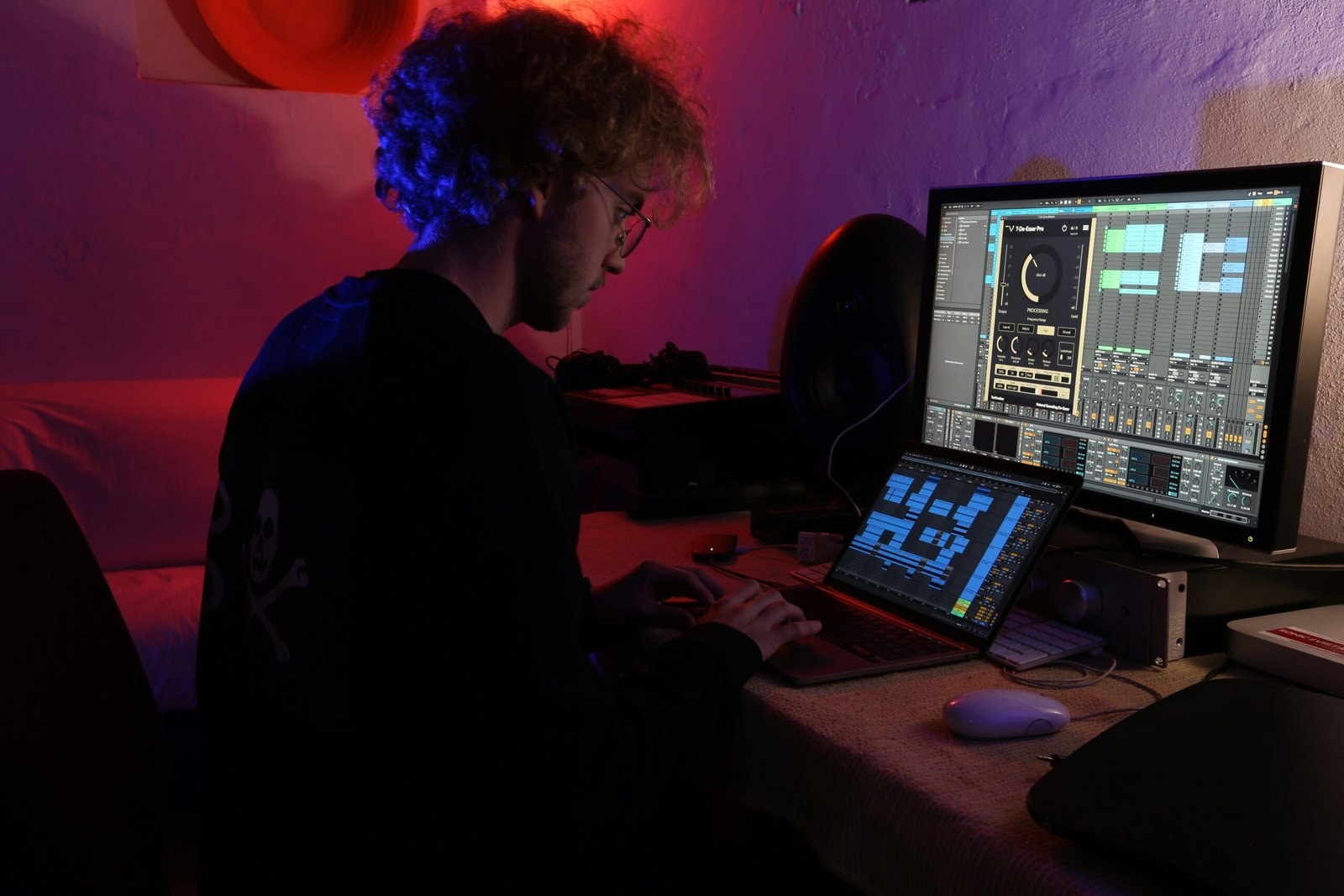

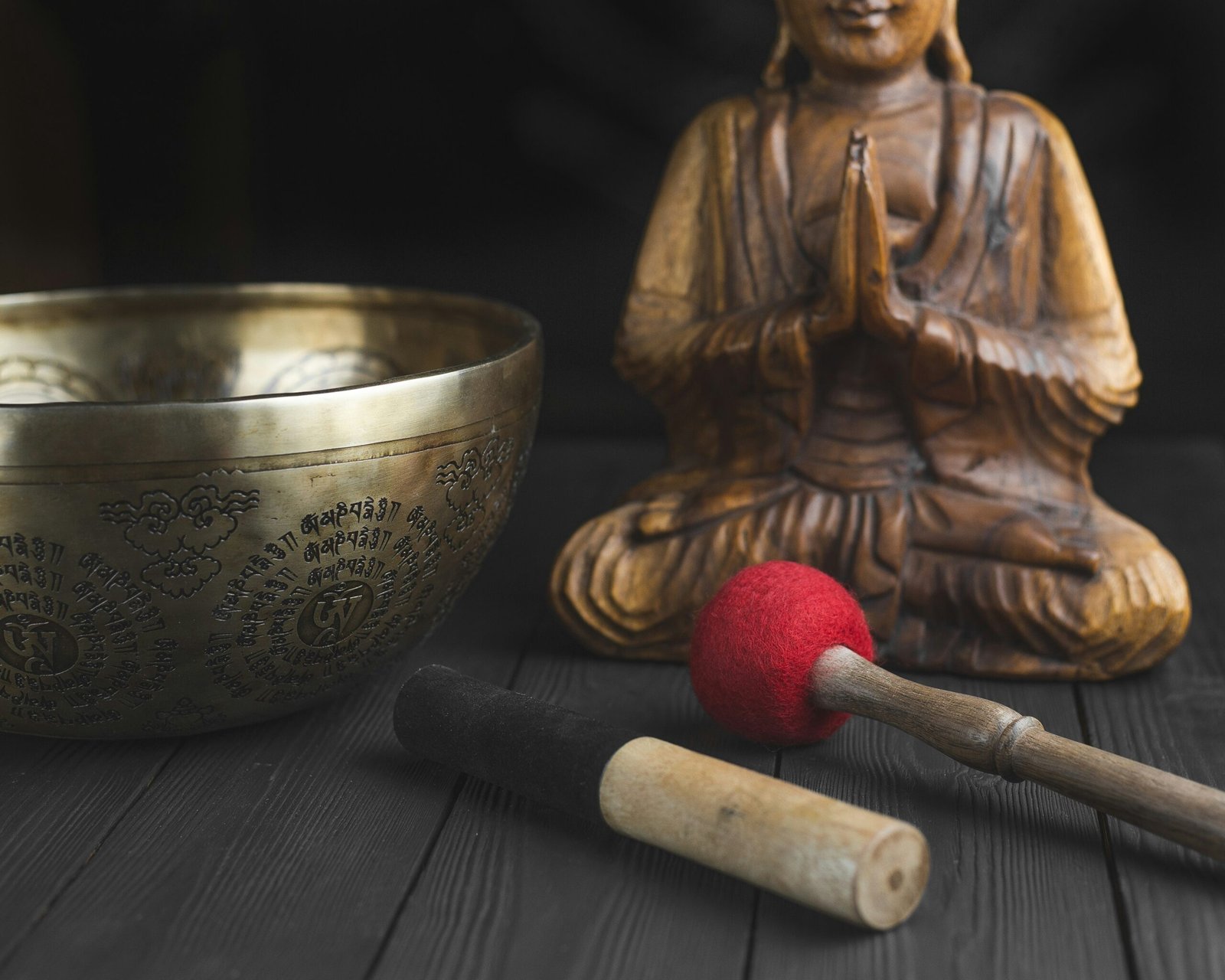
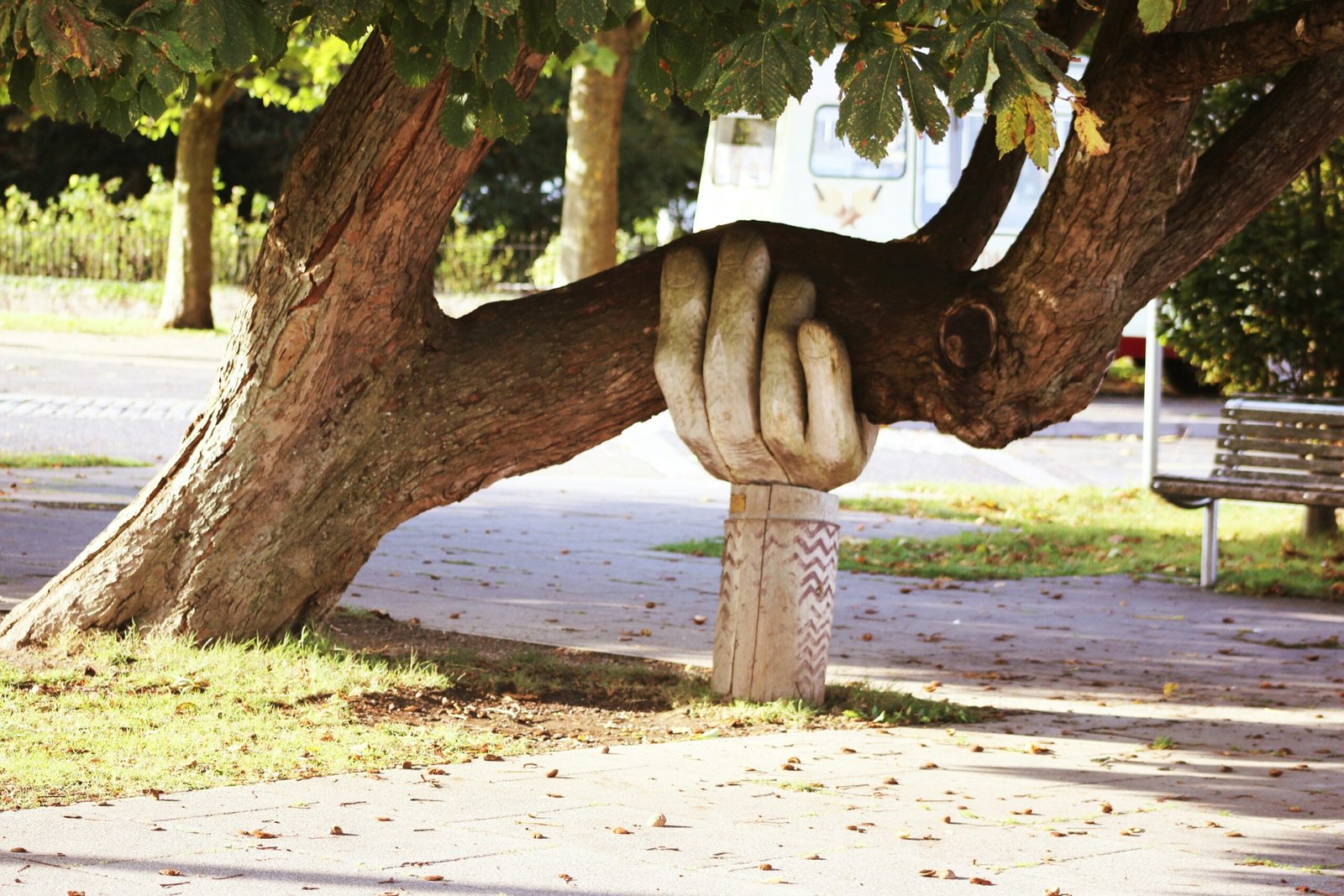












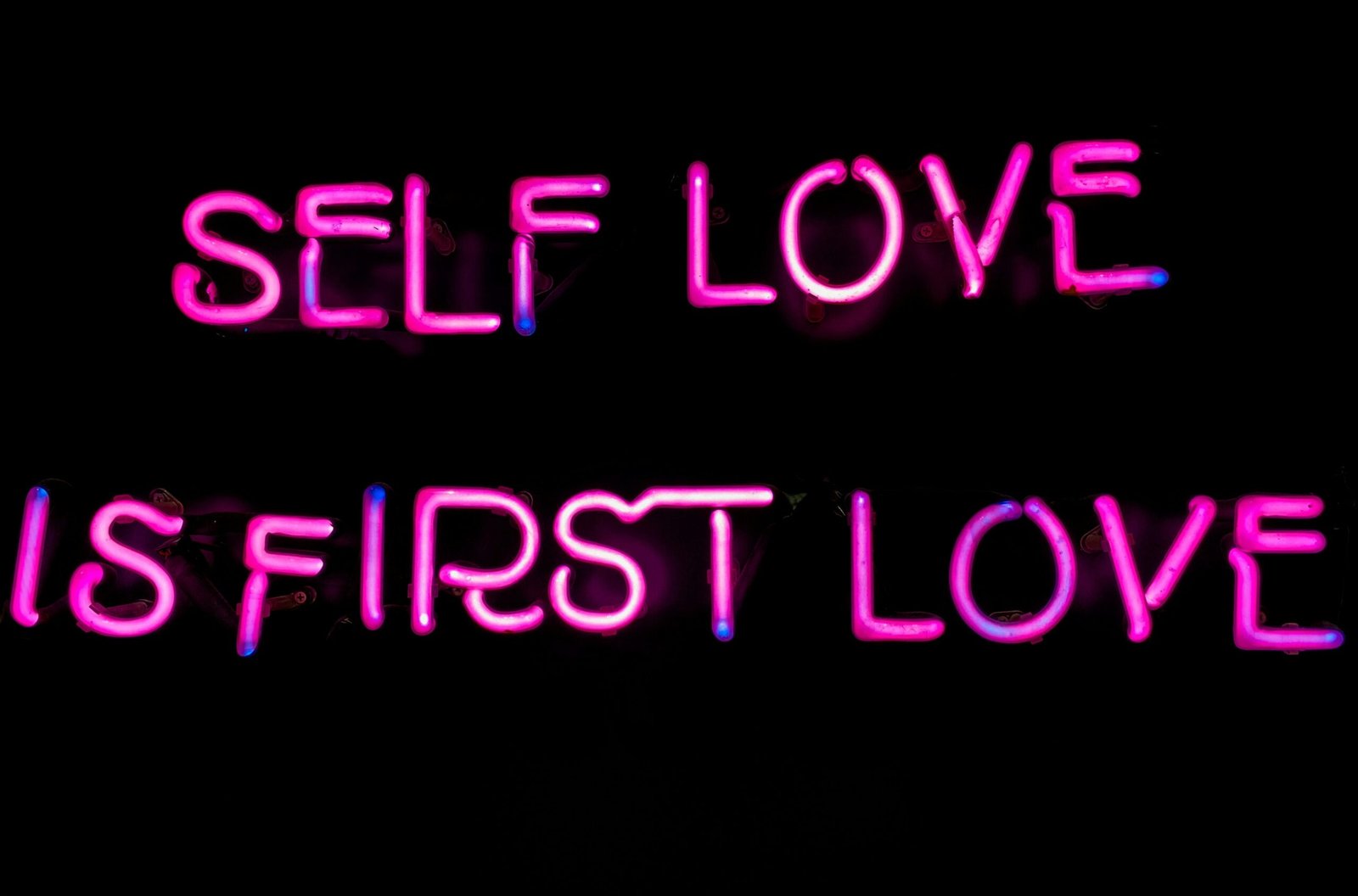
No Comments
Leave a comment Cancel